Tata Motors, Mahindra Explain Why Hybrids Should Not Be Part Of Government Fleets
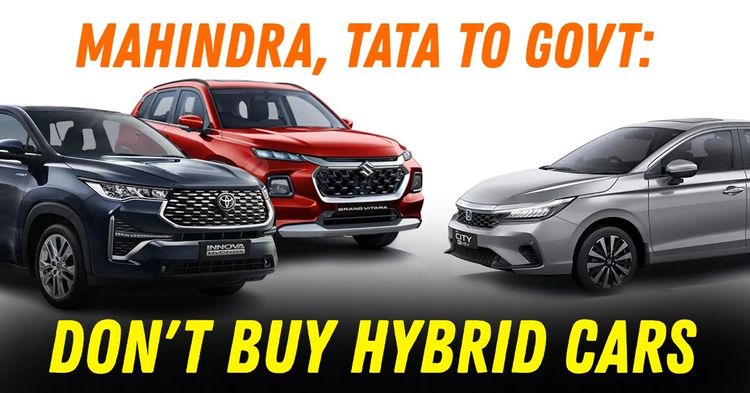

India's leading electric vehicle (EV) manufacturers, including Tata Motors and Mahindra & Mahindra, are actively opposing a recent advisory by the Commission for Air Quality Management (CAQM) that recommends the inclusion of strong hybrid vehicles in government fleets. The automakers argue that this move could undermine the country's push for cleaner, zero-emission transportation.
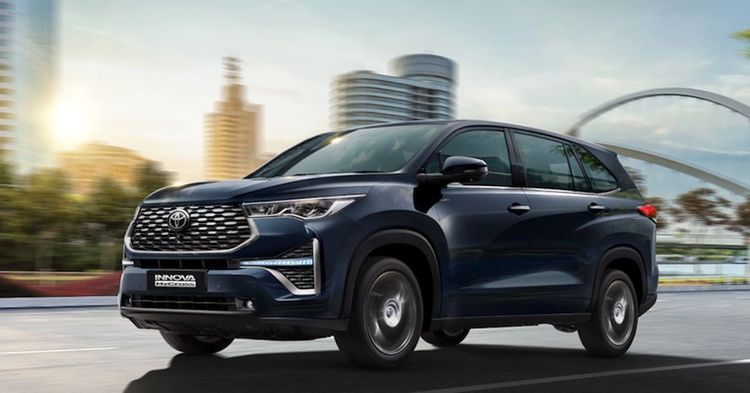
In letters to the Ministry of Heavy Industries, companies like Tata Motors and Mahindra & Mahindra have urged the government to limit incentives and policy support strictly to fully electric vehicles.
They contend that hybrids, which combine internal combustion engines with electric propulsion, still rely on fossil fuels and produce tailpipe emissions, albeit lower than conventional vehicles. This reliance, they argue, could derail the momentum and investments dedicated to EV development, especially with India’s ambitions to scale EV adoption.
"Our plea is for government policy and incentives to stay firmly focused only on EVs," Mahindra stated in its correspondence to the ministry.
The potential shift in policy has raised concerns about creating confusion among car buyers, companies, and investors. With only 5,384 of the 847,544 government fleet vehicles being EVs in 2022, the opportunity for EV growth is significant. However, support for hybrids could introduce policy uncertainty, deter critical investment, and impact India's global image as an investor-friendly destination.
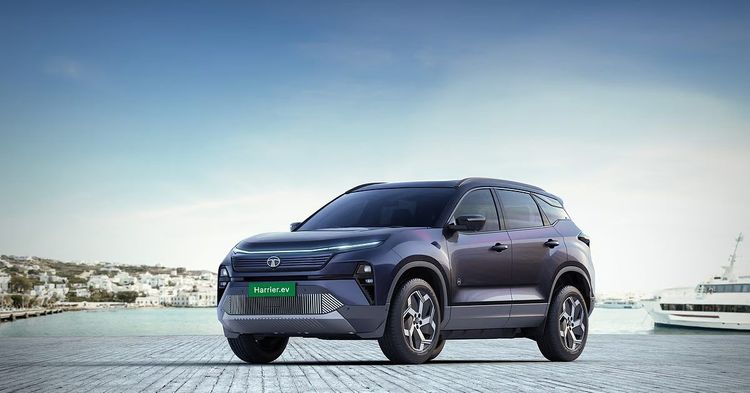
Tata Motors, which has raised substantial capital for its EV push, emphasised that the commission's move could undermine current and proposed EV investments. The company highlighted the importance of a consistent and predictable policy environment to attract long-term investors, particularly in high-capex, technology-intensive sectors like EVs.
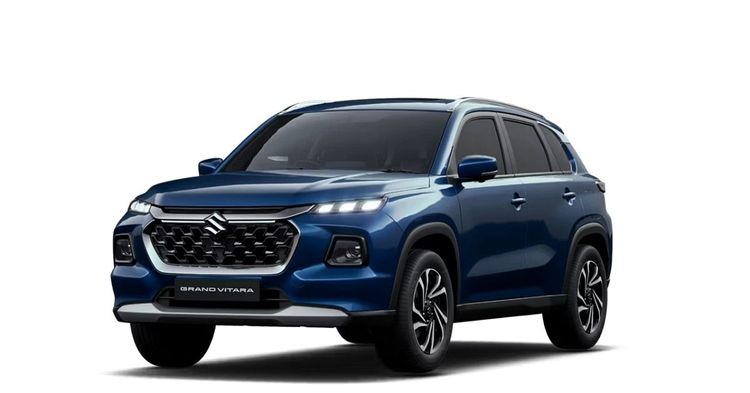
The opposition from EV manufacturers also pits them against hybrid advocates like Toyota and Maruti Suzuki. These companies have been promoting hybrids as a practical solution to reduce emissions, especially in regions with inadequate charging infrastructure. The debate underscores a key policy divergence in India's automotive strategy, with different stakeholders advocating for varying approaches to achieve cleaner transportation.
Adding to the complexity, some Indian states have taken steps that favour hybrid vehicles. For instance, Uttar Pradesh has decided to maintain a waiver on registration taxes for hybrid cars, a decision beneficial to Toyota but unfavourable to Tata Motors and Mahindra & Mahindra. Similarly, Karnataka plans to implement tax waivers and financial incentives to promote the clean mobility sector, including a significant tax cut for hybrid cars.
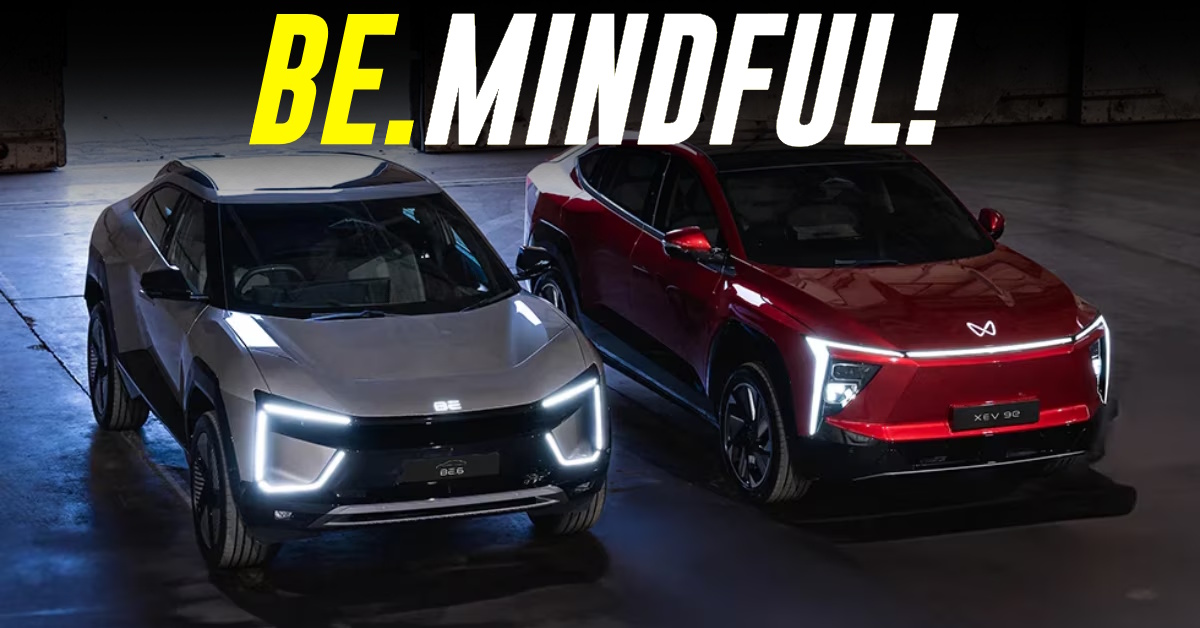
India does not have the luxury of time or the financial leeway to hedge its bets across too many parallel technologies. Supporting strong hybrids may appear practical, but it risks diverting attention and resources from the long-term goal of full electrification.
Unlike EVs, hybrids still burn fossil fuels and contribute to tailpipe emissions. Their existence prolongs dependence on a fuel supply chain India largely imports, weakening the country’s energy security ambitions.
More importantly, hybrids are a stopgap technology whose window of relevance is fast closing. Many developed countries are already transitioning from hybrids to pure EVs. If India chooses to support hybrids today, it risks building an ecosystem that may become obsolete within a decade.
The focus instead should be on scaling charging infrastructure, localising battery manufacturing, and incentivising cleaner grid energy — efforts that will directly strengthen EV adoption.
The argument isn't that hybrids have no place, but that government fleets, meant to set an example, must prioritise zero-emission vehicles. A decisive push for EVs sends a clearer, stronger message, both to consumers and to the industry. The time to double down on electrification is now, not later. Hybrids belong in the past. India’s future should be unapologetically electric.